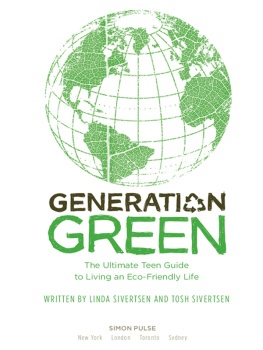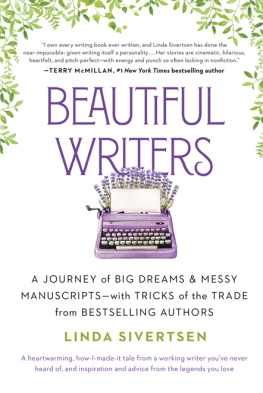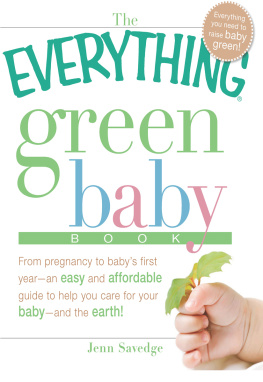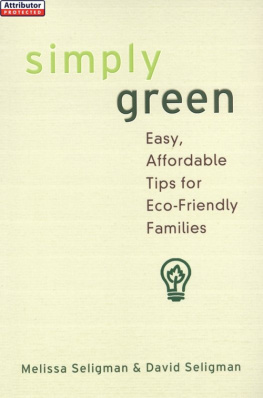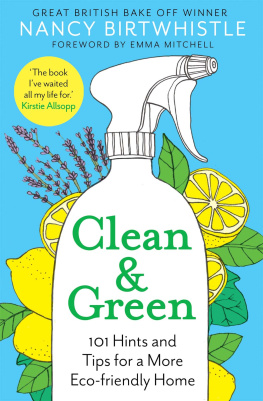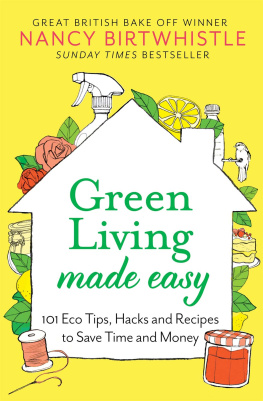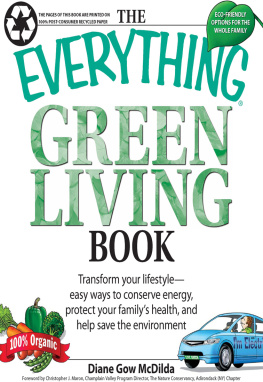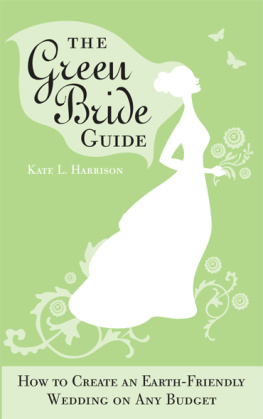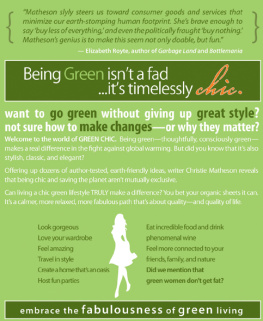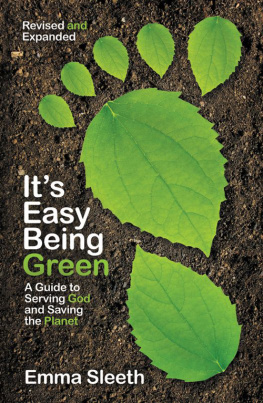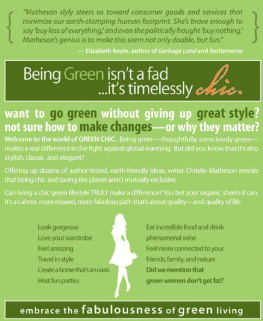Other Simon Pulse nonfiction titles you might enjoy
In Their Shoes: Extraordinary Women Describe Their Amazing Careers
Deborah Reber
The Social Climbers Guide to High School
Robyn Schneider
Click! The Girls Guide to Knowing What You Want and Making It Happen
Annabel Monaghan and Elisabeth Wolfe
Chill: Stress-Reducing Techniques for a More Balanced, Peaceful You
Deborah Reber

SIMON PULSE
An imprint of Simon & Schuster Childrens Publishing Division 1230 Avenue of the Americas, New York, NY 10020
Copyright 2008 by Linda Sivertsen and Tosh Sivertsen
Excerpt from Straight from the Horses Mouth by Amelia Kinkade.
Copyright 2001 by Amelia Kinkade. Published by New World
Library, Novato, CA, and used by permission.
All rights reserved, including the right of reproduction in whole or in part in any form.
SIMON PULSE and colophon are registered trademarks of Simon & Schuster, Inc.
Library of Congress Control Number 2008922275
ISBN-13: 978-1-4169-8285-2
ISBN-10: 1-4169-8285-X
Visit us on the World Wide Web:
http://www.SimonSays.com

In loving memory of Al and Joanne Tisch
Dad and Mom, Grandpa and Grandma.
Its because of you that we know what we know,
care like we do, and even attempt to
make a difference. May we do you proud.
CONTENTS
INTRODUCTION
you are generation green!
W hen I was a kid, I didnt know that we were more environmentally consciousgreenerthan my friends families. I just thought everybody lived like we did, and there werent a whole lot of other people around to tell me otherwise. From age four until I was nine my parents raised me in the woods in northern New Mexico, where we lived on hundreds of acres of raw land. My folks built our house themselves, which was 100 percent solar-powered. (Mom even juiced her laptop from the sun.) We lived off the grid, meaning we werent connected to the electrical system or public utilities. We didnt need an alarm clock; we just went to sleep after it got dark and woke up with the sun. It was so far away from everything that friends always got lost trying to find us down the maze of dirt roads. I loved it, even though we had so few of the things most kids take for grantedworking toilets, indoor heating, phones, trash pickup, a dishwasher. If we wanted water, we couldnt just turn on a faucet; we had to catch it from the roofdid you know you can save hundreds of gallons from a single summer afternoons storm?or lug it in five-gallon jugs from a well a quarter of a mile away. Water was so precious wed even catch the morning dew in our tank.
As a five-year-old I used to help my folks chop up dead wood for heat with a small ax. That was a blast, and I never even got a nick. When my friends visited, Mom would take us on treasure hunts, looking for deer and moose tracks, and arrowheads. That was all great, but I had to use an outhouse for forever , which was a total drag. We had empty jars stored under the kitchen sink that we used for those late night emergencies when I didnt want to go outside in the pitch-dark and walk the thirty feet in the freezing cold to use the outhouse. And without a heater (can you say 22 degrees in the living room at three a.m.?) if I used one of those jars in the middle of the night in the wintertime, by morning the contents were often frozen. Okay, pretty gross, I know. T.M.I.
Living in a forest and being so close to nature changes you. I used to run for hours in the woods with my siblingsha, really my pack of dogsso townspeople called me Mowgli the Jungle Boy. Sometimes Id put newborn puppies into my pockets to keep them warm while I went out walking in the snow. Life in New Mexico taught me so many things. Like how precious our natural resources are. You become a homegrown expert in low-impact living because being even a little wasteful in that environment feels all wronglike wearing a tuxedo to a hip-hop concert. Some things just dont go together.
We bought our land from a Native-American medicine man who lived in a small makeshift cabin nearby. We lived next to his tepee and his inepi an igloo-shaped contraption where he did these amazing sweat lodge ceremonies. The medicine man taught us to walk lightly on Mother Earth and ponder the thoughts of plants and rocks, who had seen so much. He taught us to think about how everything we do affects future generationsperhaps the most important lesson passed down to him from his elders. Its easier to learn that lesson when youre surrounded by grass and brown earth and can literally see your own footprints.
We saw so many different approaches to caring for the earth in rural New Mexicobut also so many contradictions. The medicine man said that he wanted nothing but a can of beans every day and a tepee to live in, and that he dreamed of going totally back to naturebut when he got a gas generator, he always had his TV blaring the news. The consique (tribal spiritual leader) of the Taos Pueblo, Grampa Pete Concha, told us he feared for our safety every time we went to the outworldLos Angeles, where Mom and Dad had to go for work (Moms a writer and Dads an actor). But wasnt our favorite city also sacred by just being part of the earth? I was confused. When we first moved to New Mexico, the locals didnt immediately trust our good intentions, calling us Hollywood and Easy Money and Indian Wannabes. We had to work hard to fit in and convince them that we cared about the land and their ways as much as they did. Sometimes it felt like we were living in two worlds.
When I was in fourth grade, we moved back to a suburb of Los Angeles so my dad could be closer to his acting auditions and Mom could do press for her first book. Then I really did have to figure out how to live in two worlds! I remember being psyched about the running waterturning the faucet in the bathroom on and offhow totally easy! It was around that time I quickly figured out that, unlike my dad, I was a city dude and loved living a more comfortable lifestyle. Flush toilets are the shizz! Mom and I are more alike in that way, but were so grateful for our years living in the forest, for the seasons we spent living simply in the middle of so much natural beauty. Its too remote for more than brief visits right now, but that experience stays with you no matter where you go, kind of the way I imagine taking a long safari in Africa would. Or going to the moon.
Each day I find myself playing a balancing act in both of my lives. I love the best of what our modern world provides (like indoor toilets and heaters), but I dont want to stress out the planet to live my life.
Im guessing youre doing that same balancing act. Youre worried about pollution and global warming and running out of resources, but you also love your five pairs of designer jeans and daily custom-built Frappuccinos. I feel ya. And maybe it seems like global warming and other world problems are so big and out there that they barely touch youand its not like youll ever live on a melting glacier. But really, those problems and their ripple effects are closer than you think.
For instance, do you love going to the beach? If so, have you noticed the litter? Here on the West Coast theyre always closing the beaches because bacteria-laden raw sewage keeps showing up in the water. Ugh, is anything more disgusting? According to the Natural Resources Defense Council, sewage spills and overflows caused 1,301 national beach closing and advisory days in 2006. Another fourteen thousand closing and advisory days were due to unknown sources of pollution. Ugh. On a good day youre cruising along the shore looking for seashells and you find a ton of plastic bottles instead. Its not only gross, but its bad news, because those plastics dont biodegrade. They just break down into tinier and tinier pieces until they turn into a kind of toxic dust that the fish eatand then we eat the fish! Some scientists think there are six times as many of these microplastics in the oceans as plankton, which is one of the most important food supplies to aquatic life.

